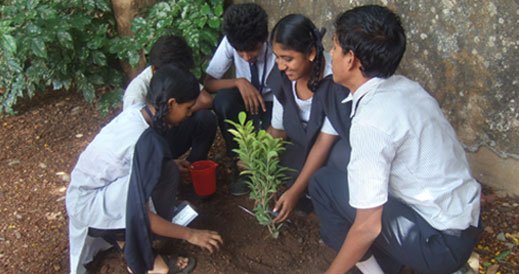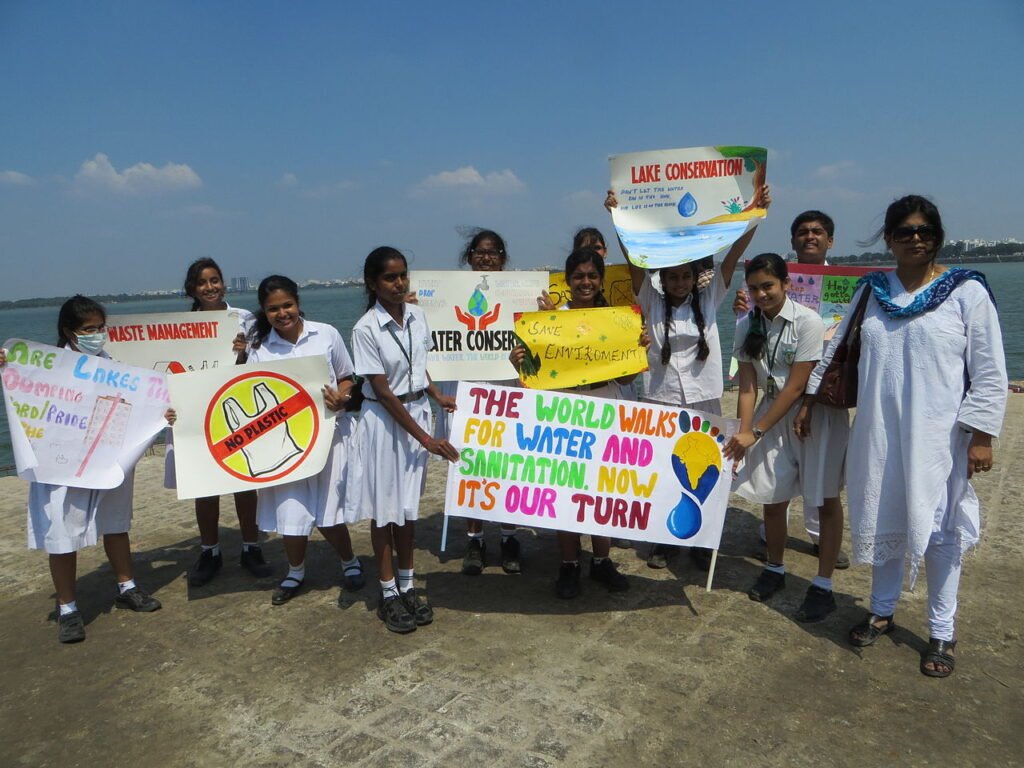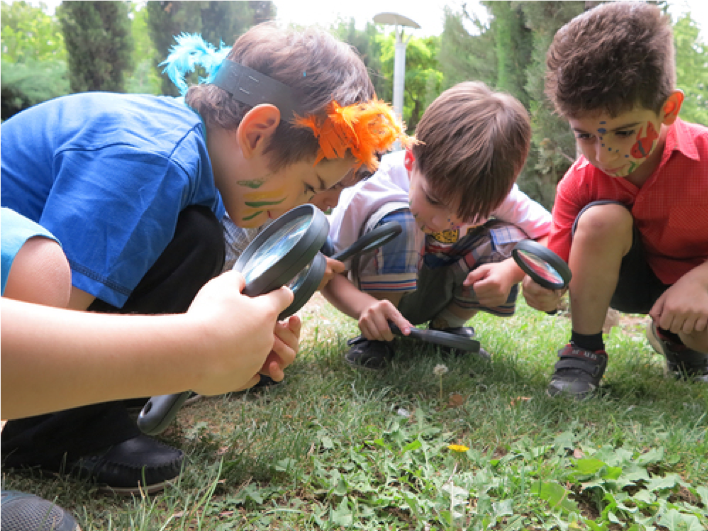Research shows that early childhood education is essential to a child’s future success. Specifically, environmental education beginning during early childhood has a number of benefits on a child’s development and future.

Environmental education is a bit different than English or history education. This is because people, and children, interact with nature and the environment differently than they would interact with a book.
Children engage with the environment through physical interactions, from observing insects pollinating plants to playing in a freshwater creek, as opposed to in-classroom experiences.

It’s important to engage with children regularly in unique and varying ways for environmental education to both reinforce the idea of civic engagement for character development and provide a vast array of opportunities to connect with nature.
Positive interactions with nature and the environment teach children about their place in the world, and how they can protect it throughout their lifetimes.

Environmental education of youth ensures that we have enough scientists, advocates, entrepreneurs and everyday citizens of the future who value the natural wonders of our world.
This story is based on Earth Day Network Newsletter






